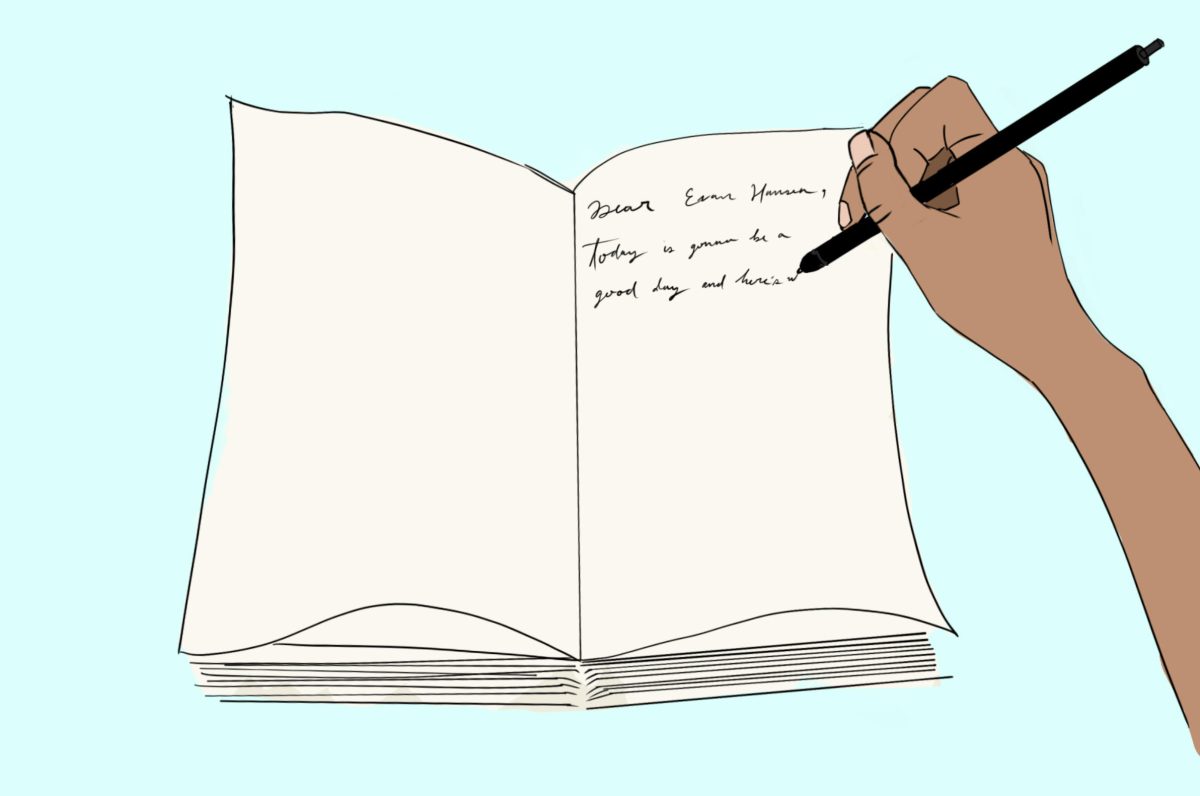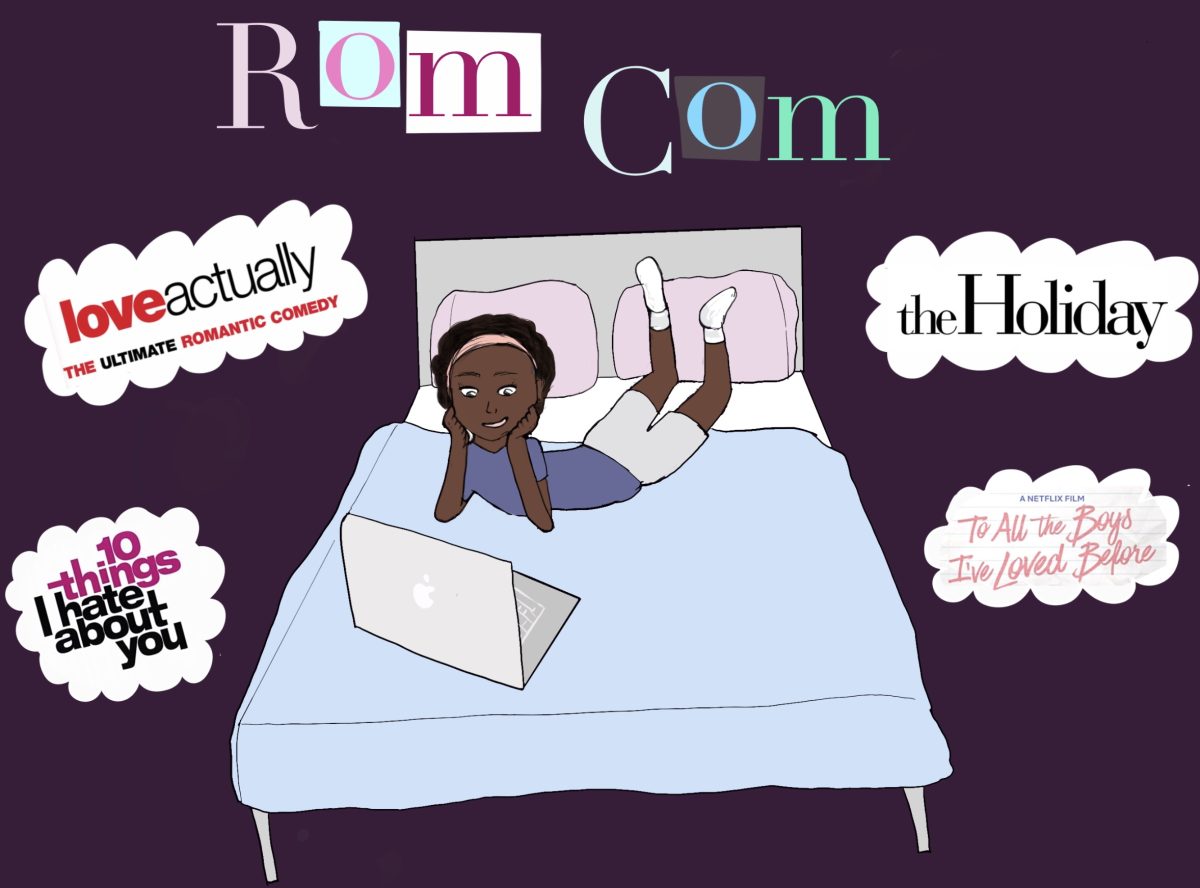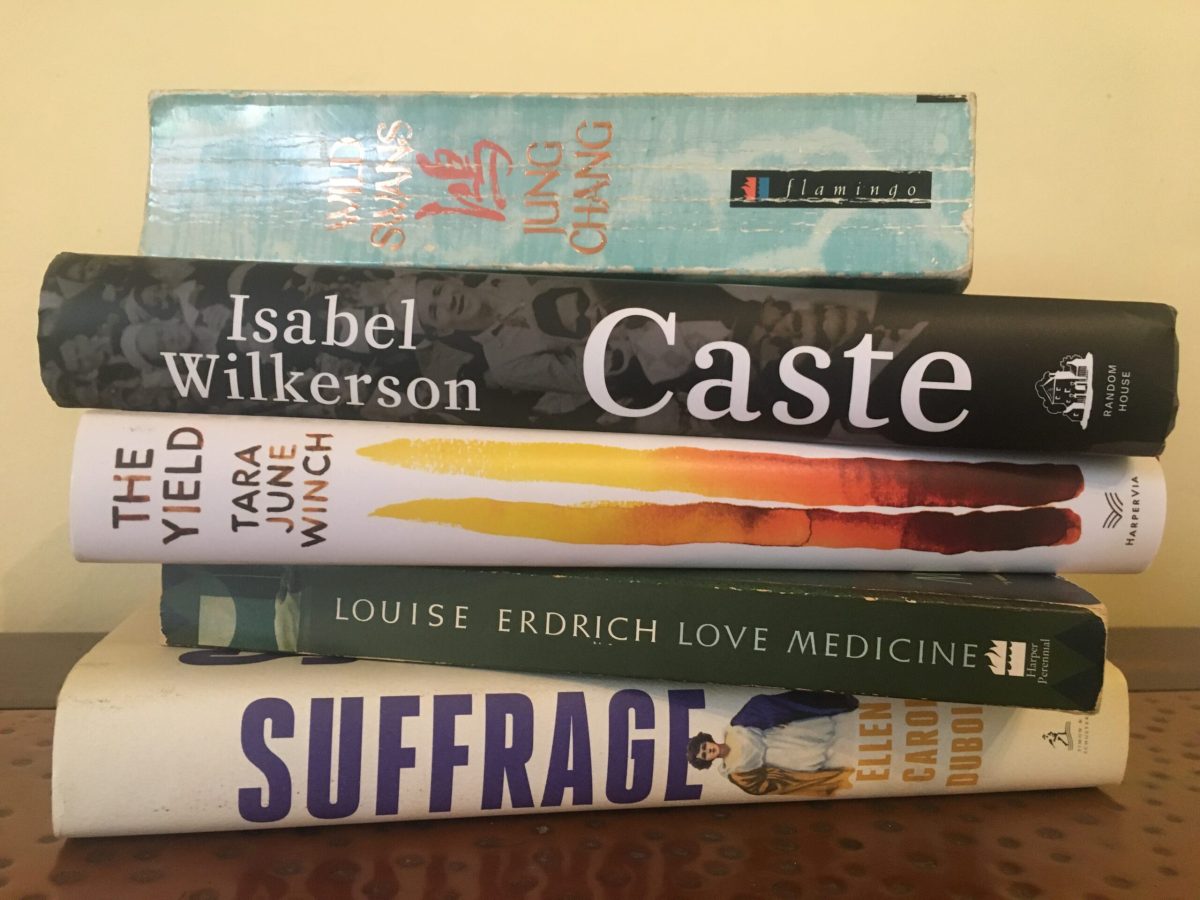
When I was in 7th Grade, my mother noticed that I had been reading only young adult fiction and suggested I read The Bell Jar. She had never read it but thought I should be exposed to so-called “worthier” literature than my usual fantasy romps. In her words, “there was only so much room in my mind” and I had to fill it up wisely.
So, never one to refuse a book, I consented, and she bought the novel for me at Barnes & Noble. I read the entire thing that evening and through the night. While in retrospect I’m sure that the story is laden with acute commentary and bitter humor, as a sensitive 12 year old, the only thing that registered with me was the fact that the main character starts hemorrhaging after losing her virginity, and I spent the rest of the night trembling and feeling queasy under my covers. My mom returned the book the next day, after I burst into tears from the trauma.
I survived this harrowing experience with a piece of advice I’d like to share with you readers: do not read certain books because society gives you a pat on the head if you do. Read them because the synopses appeal to you, or because they smell nice. Don’t read books considered classic if the style or content isn’t really your scene. If you loathe iambic pentameter, stay away from Shakespeare (though methinks thou shalt miss some lovely tales). Personally, I’m not a fan of stories solely concerning women fretting over which man of gentry she should marry, so I see no reason why I should trudge through the works of Jane Austen.
But above all, we should not judge someone for choosing to read Stephanie Meyer over Herman Melville. Reading, in any form, nourishes the mind, and it does no good to divert people from their stories of choice. True, books such as Pride and Prejudice are considered classics for valid reasons, but snobbery does nobody any favors (and this is coming from a bit of a snob herself. We all have things we need to work on…); while the classics do hold wonderful tales, so do works of contemporary fiction.












